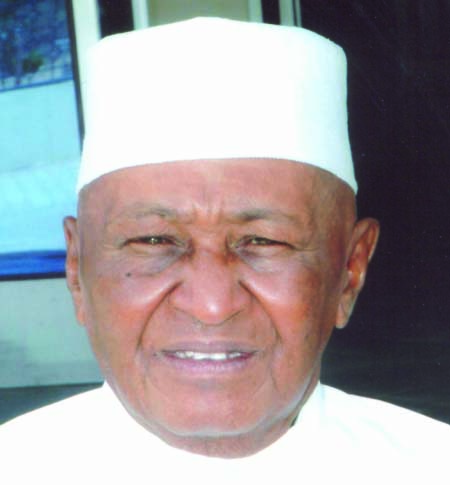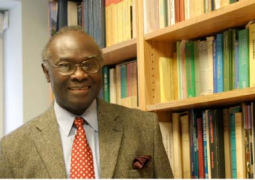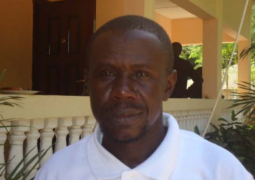
The Independent Electoral Commission (IEC) has warned against the registration of non-Gambians ahead of the forthcoming presidential, parliamentary and local government elections, stating that this has both legal and financial consequences.
Mustapha Carayol chairman of the Commission issued the warning at a press conference held at the IEC head office yesterday, calling on chiefs, regional governors, village heads and the general public to desist from registering foreigners or attesting to underage persons.
The issue of registering non-Gambians, which has been on the headlines since the commencement of the general voter registration a few weeks ago, also dominated most of the questions raised at the press conference.
“The system in place will detect any act of double registration. Remember that double registration is a crime and the culprits will be dealt with accordingly,” Carayol warned, adding that the Commission, has in place, good systems that can effectively detect double registration.
“Anyone found wanting will face the full wrath of the law regardless of who you are,” the IEC boss told the press conference attended by politicians, civil society, European Union and UN officials, among other stakeholders in the electoral process. The press conference was, among others, aimed at giving a synopsis of the first week of the general voter registration exercise.
According to the IEC boss, 189,879 voters (one hundred and eighty nine thousand, eight hundred and seventy nine) have been registered from the 5th to 11th May 2011 throughout the country.
Giving a breakdown of the registration returns for the first week per administration, the IEC chief said 6,631 voters were registered in the Banjul Administrative Area, 54, 461 in the Kanifing municipality, and 46, 663 in Brikama.
He revealed that a total number of 20, 930 voters were registered in the Kerewan administrative area, 10,680 registered in Mansakonko administrative area, 22, 534 registered in Janjanbureh administrative area, while 25, 980 voters were registered in the Basse administrative area, as of 11th May 2011.
While acknowledging that the Commission encountered problems with some of their generators and some other equipment, Chairman Carayol expressed conviction that with the dedication of the technical staff, most of these problems will be a thing of the past.
He also emphasized that registration centers are not places for those who attest to registrants to sit, noting that any claimant for registration who is without a birth certificate, identity card or passport may collect an attestation form from the registration teams after which, he/she may look for the chief, alkalo or five elders to vouch for their citizenship.
Carayol further revealed that the revising courts will be set up immediately after the display and scrutiny period.
“Since the particulars of those that attest to the citizenship of claimants for registration will be captured, the law will take its course if it is found out that the attesters did so fraudulently.”
Election not child’s play
IEC chairman also made it clear that election is not child’s play and, consequently, all persons who will not be 18 (eighteen) years by 24th November 2011 should not register.
“They will have the chance to be registered in two years’ time – during the supplementary registration of voters.”
He also reminded Gambians that one will vote where one registers, stating that the registration teams will be moving according to the schedule.
Carayol also revealed that the Chief Justice has already appointed a magistrate who will sit at the revising court to look into complaints and reports by individuals and parties.
“We have received reports of some malpractices like attesting underage and registering foreigners, but the revising court will look into matters of this nature.”
Responding to questions as to the need for Gambians in the diaspora to be accorded the chance to vote during elections, the IEC boss, who was assisted by his deputy and the Chief Electoral Officer, said: “If we have enough money, they (Diaspora Gambians) will be registered and allowed to vote, but until then they cannot vote.”
He went further to call on the media to do more in massive sensitization, so that people can know about the electoral process and registration exercise that is ongoing.
Read Other Articles In Article (Archive)
Buba Jallow happy to help U-17 qualify
Nov 22, 2010, 12:48 PM



